 Photo: Our back yard at sunset. I waited for news about the Iowa vote and read D. H. Lawrence.
Photo: Our back yard at sunset. I waited for news about the Iowa vote and read D. H. Lawrence.My afternoon and evening were spent rereading D. H. Lawrence's great travel memoir, Etruscan Places. I was moved to do so after meeting someone online who is teaching a course at his university on death and the afterlife. Lawrence's observations about the Etruscan tombs shed light not only on the Etruscan Civilization but Lawrence's own poems about life and death. One of the fascinating observations made by Lawrence (repeated in the recent films called Art Made the World by Nigel Spivey) is that paintings on the walls of Etruscan tombs showed death as a continuation of life as lived on earth until the Etruscans' civilization came under threat of annihilation by the Romans. It is during this frightening, dark time that the paintings inside the tombs begin to reflect a concept of two possible afterlives, one a paradise, the other hellish. Lawrence has great respect for the Etruscans, less for the Romans, as he illustrates in the very beginning of his memoir:
The Etruscans, as everyone knows, were the people who occupied the middle if Italy in early Roman days, and whom the Romans, in their usual neighbourly fashion, wiped out entirely in order to make room for Rome with a very big R.
Continuing the sarcasm, Lawrence says,
...the Etruscans were vicious. We know it, because their enemies and exterminators said so.
Isn't that writing just so delicious?
But Lawrence doesn't rely on sarcasm alone; he comes right out with his opinion of the Etruscans, writing: "Myself, the first time I consciously saw Etruscan things, in the museum at Perugia, I was instinctively attracted to them." Lawrence goes on to describe Etruscan paintings and artifacts with knowledge and sensitivity, showing profound respect for the spiritual lives of the people who produced these things. One of Lawrence's major concerns is that the deep mystery which was at the root of the Etruscans' spiritual lives should be preserved.



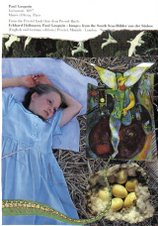


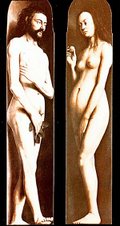

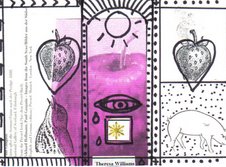
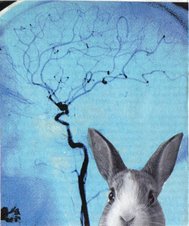
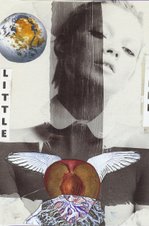
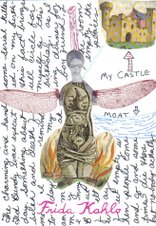
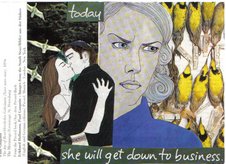

1 comment:
Be still when you have nothing to say; when genuine passion moves you, say what you've got to say, and say it hot.
D. H. Lawrence
And boy could he.
Gretchen
Post a Comment